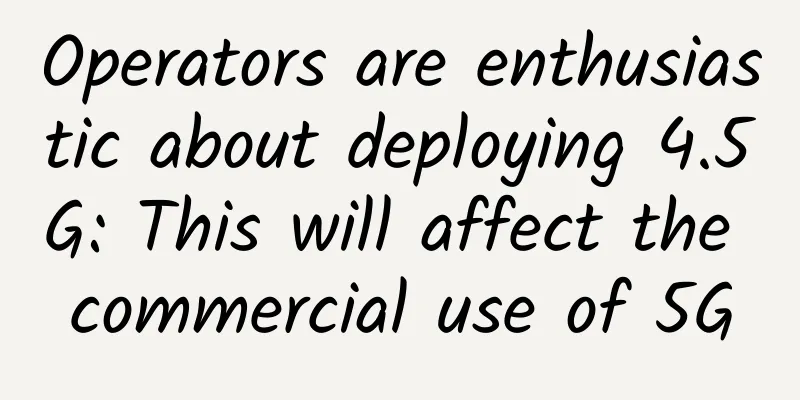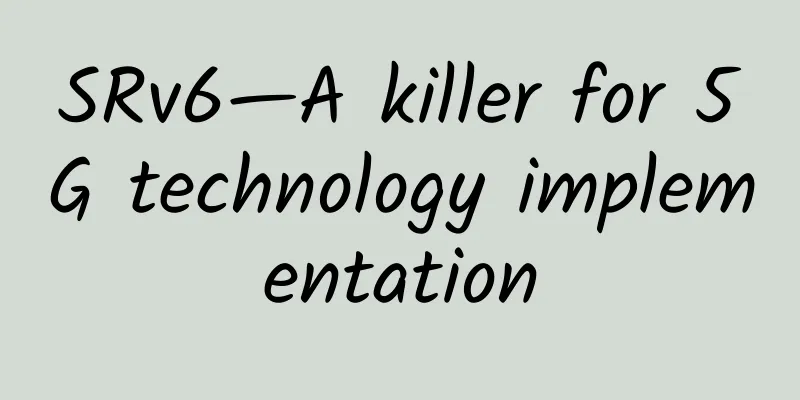How does Beijing’s government cloud build the city’s “strongest brain”?

|
On July 15, 2016, Huawei's Smart City Ecosystem Action Plan Conference with the theme of "New ICT, Make Cities Smarter" was successfully held in Suzhou. Huawei discussed the development and construction trends of smart cities with more than 500 customers, experts and partners in the industry, shared practical experience in the field of smart cities, released the overall architecture of Huawei's smart city solution of "one cloud, two networks and three platforms", and released Huawei's Smart City Ecosystem Action Plan. In addition, the National Information Center and Huawei Joint Solution Innovation Laboratory was officially established at this conference.
Liu Xu, Deputy Director of the E-Government Department of Beijing Municipal Commission of Economy and Information Technology At the conference, Mr. Liu Xu, Deputy Director of the Electronic Government Affairs Department of Beijing Municipal Commission of Economy and Information Technology, delivered a speech entitled "Overview of the Development of Beijing Municipal Government Cloud". Liu Xu introduced: "One of the strategic ideas for Beijing's smart city construction is to achieve intensive development of e-government through the construction of a government cloud, laying the foundation and creating conditions for the next step of big data development. The goals of Beijing Government Cloud can be divided into three levels: ***, the construction of the government cloud is not a purely IT-level consideration, but also requires consideration of various elements of government cloud operations. Second, through the development of government cloud, promote and drive the development of cloud computing industry. Third, from the perspective of government cloud management, it has been determined that except for public security and security, all departments in the city will follow the principle of "going to the cloud as the norm and not going to the cloud as the exception." The following are the main experiences of Beijing government cloud construction process: First, the government cloud itself is both a practitioner and a carrier of government-purchased services; Secondly, the government cloud is not a platform or system, but an ecosystem; ***, it is very necessary to introduce competition to form co-opetition, and the comprehensive capabilities of government cloud service providers are critical. Beijing's government cloud service provider has selected many of Huawei's technologies, products, and solutions, and has achieved good results. In addition, the service is simple and easy to use, and the migration is flexible and adaptable. Taking into account the reality, a smooth transition is very important for the construction and management of the government cloud, especially for normal operation." On July 1, a business partner published an article titled "A Government Service Center with Only One Window," detailing the case of the Beijing Government Cloud that Huawei participated in building. The Beijing Government Cloud carries administrative approval and other service items of the Beijing Government Service Center. Excerpts are as follows:
Beijing Municipal Government Service Center undertakes more than 740 approval services for 44 commissions, offices and bureaus and 16 districts and counties in the city. Based on the government cloud platform, Beijing's administrative approval and administrative service matters are centrally accepted, handled and issued in the government service center, integrating and connecting data from various departments, levels and regions to achieve "one-stop entry and one-stop exit", one window for multiple functions at the front desk and division of labor and cooperation at the back desk. In other words, as a citizen, all approval services have been handled in a "one-stop" manner. It has truly become a "government service center with only one window". The bottom layer of Beijing's government cloud platform adopts Huawei's distributed cloud data center solution, and the upper layer builds Beijing's cross-departmental data sharing and business collaboration platform, data sharing and business exchange platform, and government collaborative office platform. It carries 7 types of government service businesses such as Beijing's administrative approval and government collaboration, and comprehensively improves Beijing's government service capabilities. At the same time, it also takes into account the industry application characteristics of different "users". According to the characteristics of each government industry, different network and different levels of partition resource pool solutions are provided, and different security protection measures are adopted respectively; according to the needs of different business types, different disaster recovery and backup solutions such as dual active, master standby, and data remote backup are adopted. Under the guiding principle of "one-stop processing + approval process reengineering", the difficult and slow approval process that some people complained about has been greatly improved. According to statistics from the Beijing Municipal Organization Department, the number of investment project approval links has been reduced from more than 80 to more than 50, and the approval time has been shortened from more than 300 working days to an average of 109 working days, greatly improving the efficiency of government services. At present, Beijing's government cloud platform has achieved interconnection with the private networks of various commissions and bureaus, government extranets, government intranets, and the Internet, making full preparations for the next stage of comprehensive data sharing. Looking ahead, with the support of Huawei and all partners, Beijing's government cloud construction department will continue to go all out to complete the construction of Beijing's overall government cloud, that is, the government cloud construction of Tongzhou City Sub-Center, build a complete cloud disaster recovery system and improve the functions and capabilities of government cloud services; fully support the application of big data and the Internet of Things in smart cities, make Beijing's government cloud better, and make the construction of Tongzhou Sub-Center more complete. |
<<: Why 5G needs network slicing and how to implement it
Recommend
What are public IP and private IP? What is NAT conversion?
1. Introduction Programmers who develop network c...
Cutover failed, resulting in 3/4/5G network communication failure
[[429420]] A cutover and replacement by Japanese ...
New wireless broadband technologies in the 5G era
After the arrival of the 5G era, wireless broadba...
Finally someone has explained 5G+AI clearly
01 The concept of 5G The full name of 5G is the f...
A 100% timeout murder caused by maxing out the bandwidth!
[[421757]] Verse: Do not advise others to do good...
Comparison and conversion between IF sampling and IQ sampling
RF receiving systems usually use digital signal p...
Discussion on the Internet of Things | Wireless Technology Classification and Application Scenarios
The key technologies of the Internet of Things in...
Network knowledge: Detailed explanation of DNS access principle
Today I will introduce the DNS access principle t...
China's 5G connections have reached nearly 430 million, accelerating the exploration of vertical application markets
By the end of 2021, nearly 8% of the world's ...
Illustrated Network: The principle behind the TCP three-way handshake, why not two-way handshake?
TCP is one of the main protocols of the Internet ...
China Unicom and Huawei jointly launch innovation to build differentiated advantages in 5G-A
[Barcelona, Spain, February 26, 2024] Huawei an...
What happens behind the scenes when the Ping command is issued?
01 Overview [[274853]] As for the ping command, I...
TD-LTE wins award: Guarding 5G and leading the world
January 9th was a day of harvest for those who ha...
DesiVPS launches NVMe hard drive series Los Angeles VPS starting from $20 per year
DesiVPS sent a new email saying that it has launc...
5G latency: Why faster networks matter
When you look at your mobile network or home broa...









